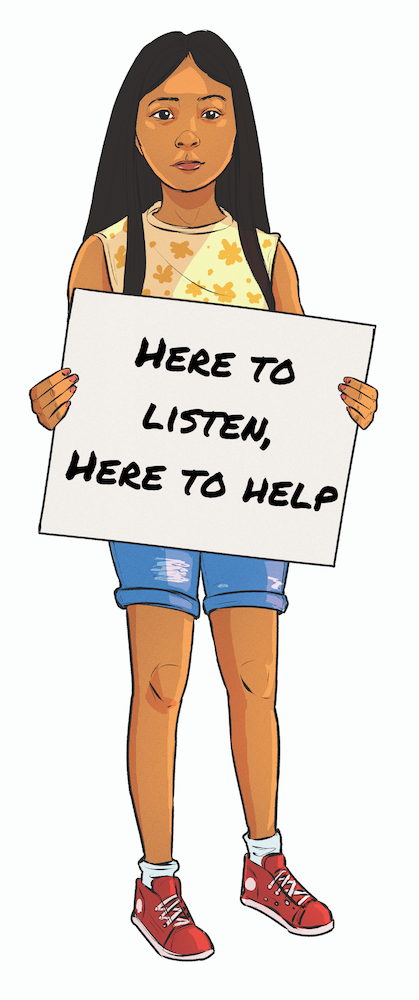Concerned Adults
We are here to support you and your family.
Parenting is hard!
Whether you are having trouble talking to the youth in your life at home or they have already run away, we can help. We will listen and assist you in developing a plan.
We are trained to help you.
We respect your privacy.
You can choose anonymity.
Our conversation is personal and private.
Immediate assistance 24/7
Extensive experience working with parents, guardians, and other concerned adults
Every day, our team of trained staff and volunteers connects with adults who are concerned about the young people in their lives. We listen to their personal stories, offer advice on how to improve a situation and connect them to critical resources.
Resource Referrals
Our resource referral database contains thousands of organizations and services nationwide. We can identify and connect you to support within your community. For a list of some of the organizations we frequently consult on behalf of youth and adults, click here.
Message Service
You can leave a message for the child in your life with us, and when they contact NRS, we will deliver it. When you and the child in your life are ready to talk, we can serve as a neutral mediator on a three-way call.
Get Support
Reach out to us in a way that works best for you. We are here to listen and here to help.
Frequently Asked Questions
If it seems your child may be thinking about leaving home or has threatened to do so, try to talk with them about the issues and their options. We also encourage you to consider these questions:
- If my child runs away, where will they stay? Is it safe?
- What about school? How will my child continue to get an education?
- How will my child support themselves? Shelter? Food? Transportation?
- How can I make a better environment at home, together?
- What does my child need from me? What do I need from them?
If your child has already left home, consider these options and questions. Connect with the National Runaway Safeline for support in figuring out the next steps, such as:
- Think about where they youth might have gone and what might have led them to make decision to run.
- Contact friends, family, school, neighbors to see if anyone has had contact with the youth recently.
- Call local law enforcement to file a missing persons or runaway report.
- Contact the National Center for Missing and Exploited Children and any local runaway clearinghouses to report your youth as a runaway.
One way to begin communicating is with our message service. You can give us a message for your child and we’ll deliver it if they call 1-800-RUNAWAY for any messages.
Mediated conference calls (a youth initiated program) are another option for youth and parents/legal guardians to discuss difficult issues with NRS support. While everyone is on the line together, we will help make sure that everyone feels heard and plan that everyone agrees upon is made.
Like youth, parents and guardians have the right to feel safe in their own home as well. Local programs and services can help strengthen the relationship between you and your child. By connecting with NRS through our hotline and online services, we may be able to connect you with those programs.
We will listen to your family’s story without judgement and help you with create a plan to improve the situation.
- Our services are confidential and your safety is priority. If someone is hurting your child and you provide us with your name and/or child’s name, address and the abuser’s name, we are required by law to report it.
We provide the same support — no matter how you contact us.
- The hotline provides an opportunity for an immediate and thorough conversation. CALL NOW: 1-800-RUNAWAY (1-800-786-2929)
- If you feel more comfortable writing to us, then use our live chat, email, or public forum.
Reach out to us in a way that works best for you. We are here to listen and here to help.
We recommend you contact your local police department and national organizations, such as the National Center for Missing and Exploited Children, for additional support.
Tips for Parents, Guardians, and Other Concerned Adults
Caring for children is not easy, but building a trusting, strong relationship with the young people in your life is beneficial to everyone. The National Runaway Safeline offers tips to help you effectively interact with youth. The tips below were developed from a past Youth and Parent Tips Campaign, which offered advice on how to handle certain situations between youth and adults.
- Your relationship with the child in your life is always more important than any issue or disagreement.
- Communication is key. Listening is a skill, so it is important to hear youth out before rendering judgement or an opinion.
- Tell youth you will listen to them and talk with them no matter what the topic, worry, or concern and that nothing they do will make you stop loving them.
- Validate your teen’s point of view. Sometimes kids just want to know that you hear what they say, even if you don’t agree.
- Collaborate on rules. Your teen is more likely to comply with rules he or she helped set up.
- Young people are going to make mistakes. It’s a part of the process of growing up. Let them know you will still be there when they stumble and fall.
- If the child in your life tells you or shows signs of being bullied, don’t ignore it and hope it goes away. Document it and contact the school.
- Tell the child in your life it’s okay to get angry and to express it in a healthy way.
- Treat youth as you would like to be treated.

